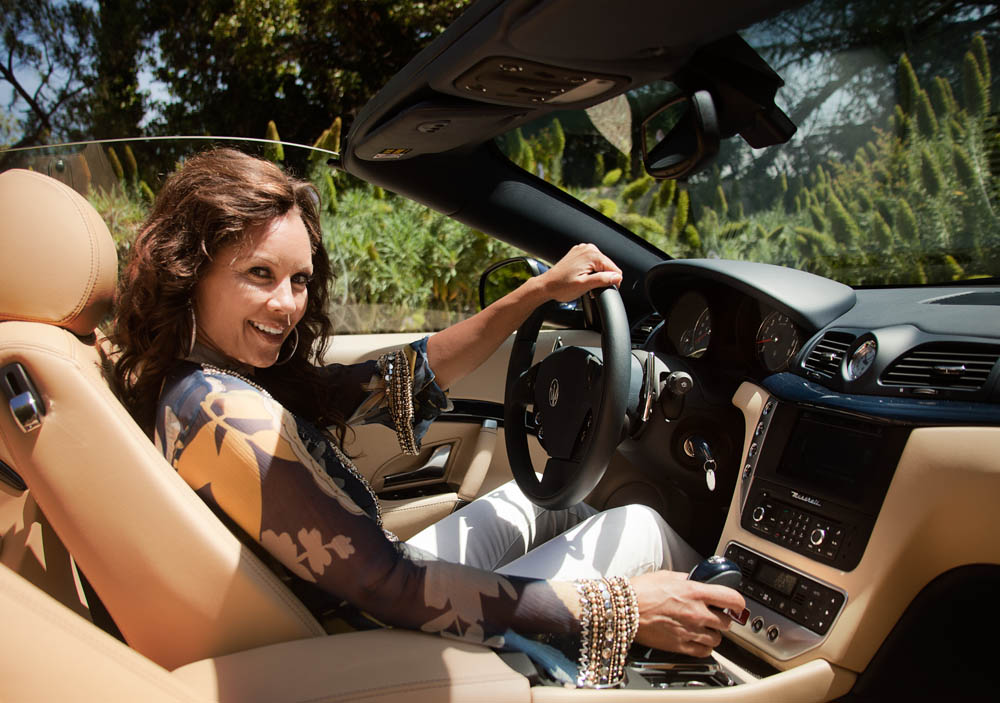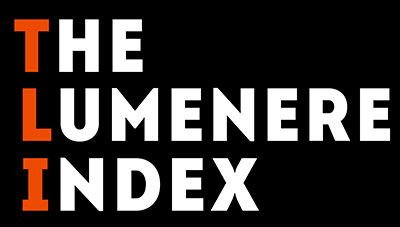Cut through social noise through the Power of Celebrity
Celebrity-Driven Marketing
Celebrities and Subject Experts can bring a unique level of importance to any event or experience. Their presence not only adds media spotlight but also entices discerning guests to participate eagerly.
Our strategic approach to celebrity marketing involves selecting the right individual, be it an actor, musician, athlete, or social media influencer, whose resonance with your target audience is paramount.
By aligning the celebrity with your product or message and integrating them seamlessly into your campaign, we unlock immense potential for increased profits and a significant shift in public perception.
Celebrity marketing holds unparalleled power in live events and experiences, delivering immediate impact and garnering significant earned media and press attention.
Marketwatch highlights that a mere announcement of a brand partnering with a celebrity or athlete can spike sales by an average of 4% to 12%.
A study by Harvard Business School, in collaboration with Barclay’s Capital, further emphasizes that brands employing Celebrity-led branding strategies experience long-term benefits, including increased stock value and investment capital.
Nielsen, a leading Global Marketing Research Agency, underlines the challenges faced by online advertising campaigns, where a third fail to generate awareness or boost purchase intent. In today’s landscape, where consumers dictate content consumption and brand interactions, understanding the resonance of advertisements across platforms is crucial for driving memorability and elevating brand perception.
A recent study by the University of Taiwan, found that consumers remembered products better if celebrities had endorsed them – regardless of whether they are actual fans or not.
The human brain recognizes celebrities similarly to how it recognizes people we actually know. Brands increase awareness, trust and familiarity, which are important variables in the purchase decision-making process. Consumers feel more sympathetic towards a brand, if their products are promoted by a celebrity they admire or relate to.
It’s a simple psychological effect: Subconsciously people believe that purchasing a product that’s promoted by a celebrity they admire, will allow them to emulate the celebrity’s desired traits or attract similar people into their lives.
The effect is that, if consumers happen to be fans, they place a higher value on products that celebrities are endorsing – it is as if they are receiving advice from a trusted friend.
Research studies by the University of Arkansas in collaboration with the Manchester Business School in London, determined that consumers (ages 18-24) take on an active role in developing their identities and appearance based upon celebrities.
Global Marketing Research Firm, Nielsen performed a study that broke down the level that celebrity endorsements resonate with different generations. Celebrity advertisements clearly resonate the most with people from 15 – 34 years old (Gen Z and Millennials).
Industry researches (Wharton, Forbes & MarketWired) have conducted a study where ad and social media campaigns featuring (video and still) images of athletes were tested against the same ads with no endorsement.
The new research finds that celebrity athlete endorsements deliver significant brand lift and direct response results.
• A 180% increase in unaided brand awareness, highlighting the ability of endorsement ads to fundamentally ”register” with consumers;
• A 56% improvement in message association, where participants correctly absorbed the attributes of tested products and services;
• A 39% improvement in brand favorability, demonstrating how positive associations about an athlete carry over to brands;
• A 27% increase in purchase intent, a measure that speaks to brand and behaviour goals.
It’s largely reported that after Chanel signed Nicole Kidman in 2003, it was reported that global sales of the promoted Chanel’s perfume increased by 30%. And when Nike and Tiger Woods inked an endorsement deal in 2000, Nike’s market share went from 0.9% to 4% in a mere 6 months. However, even after Nike decided to keep Woods despite his highly publicized scandal, the company suffered a loss of $170 million in sales, they still came out with a 22% market share on the lifetime involvement of the now disgraced player. Nike continues to spend $1 Billion annually on getting athletes to endorse their brand.
We think different at The Lumenere Group, we don’t just believe in the power of Celebrity.
We believe in the power of the ’RIGHT’ Celebrity.
We deep-dive into the qualities that determine the success (or failure) of a campaign:
- Celebrity Performance
- The level of achievement a celebrity attains in their life.
- Negative Information
- Negative events, situations, or characteristics consumers associate with a celebrity.
- Celebrity Credibility
- Can the celebrity be trusted as a credible source of information about a product?
- Celebrity Expertise
- Does the celebrity have experience in this area?
- Celebrity Trustworthiness
- The degree of confidence consumers place in a celebrity.
- Celebrity Attractiveness
- Is the source physically attractive?
- Celebrity Familiarity and Likability
- Do consumers recognize the celebrity?
- Celebrity/Product Fit
- Does it make sense for the celebrity to endorse the product or brand?
We specialize in recommending, selecting, and booking International Celebrities, Talents, and Subject Matter Experts, adding significant weight and gravitas to your experiences.
This approach not only appeals to discerning customers but also sets your events apart from standard gatherings, elevating the overall experience. Our expertise and strong industry relationships enable us to secure the right talents that align perfectly with your vision and objectives, ensuring memorable and impactful events every time.
Projects
- All
- Celebrity

Kendall Jenner

Kendall Jenner
Vanessa Williams x Maserati

Vanessa Williams
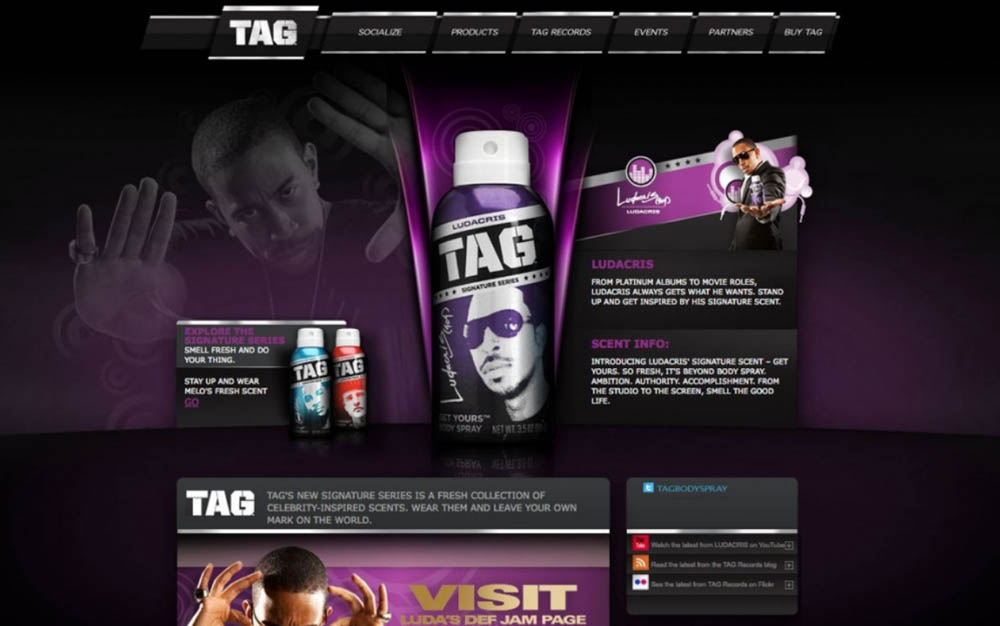
Ludacris
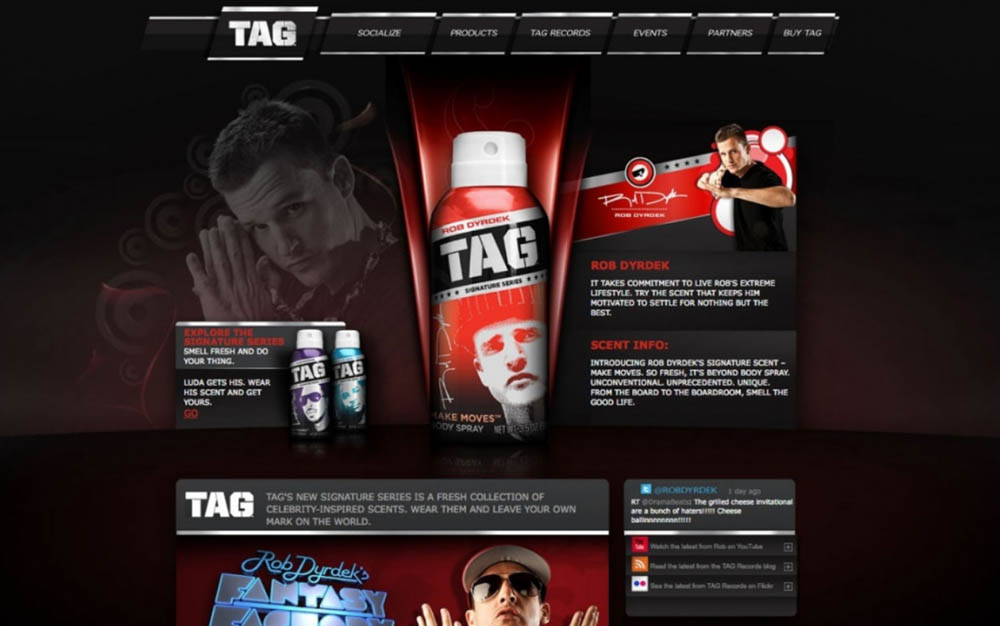
Rob Dyrdek
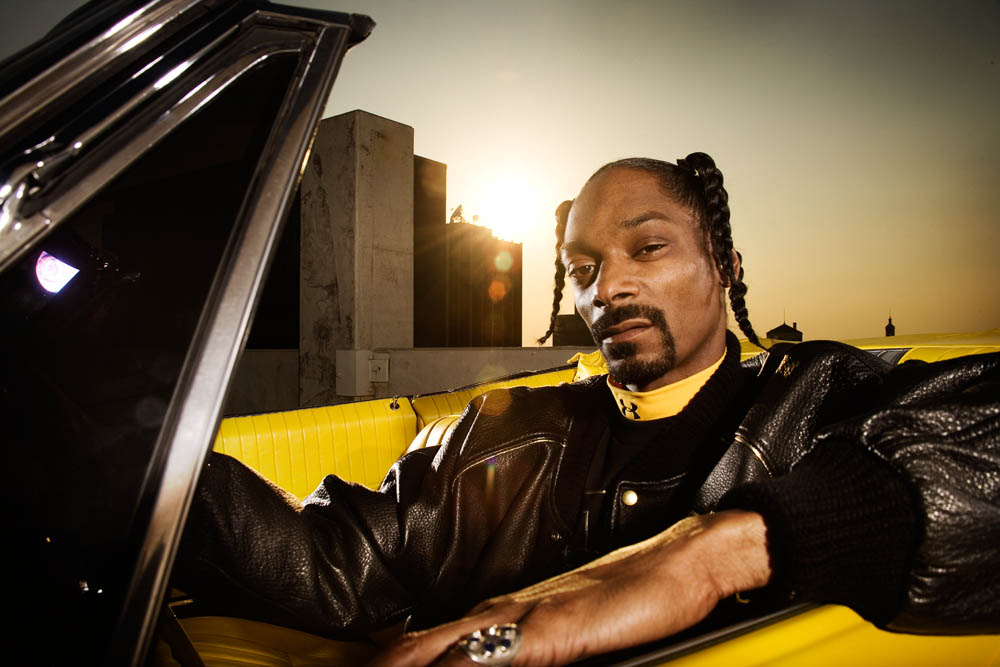
Snoop Dogg
National Council Against Drug Abuse
ALDO x Nathan Hartono
Tocco Toscano Uomo x Benjamin Kheng
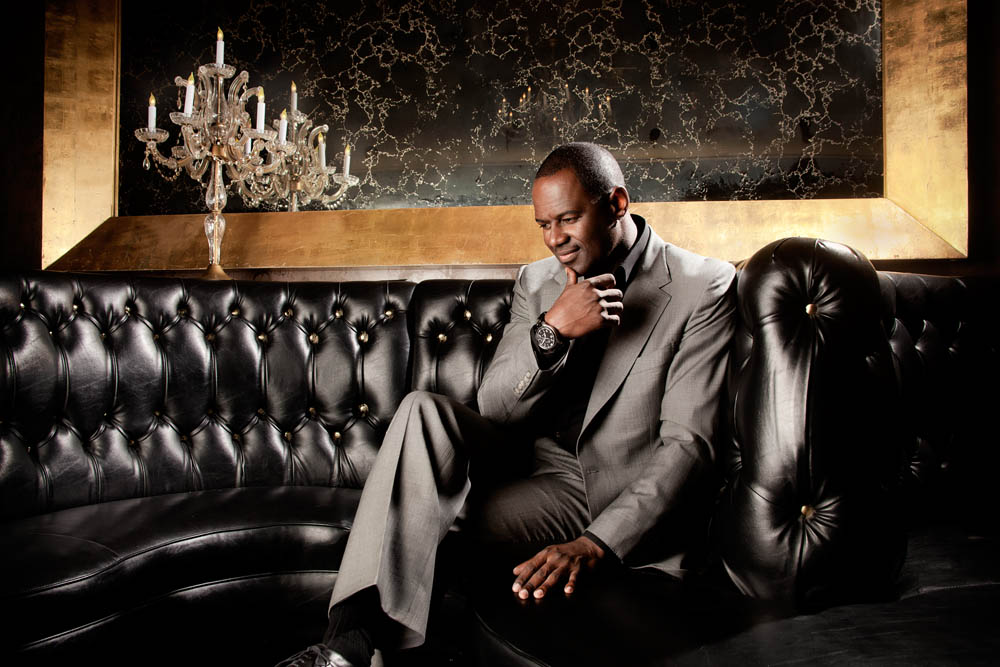
Bryan McKnight

Data-Driven Marketing Insights
The influence of Celebrity over Brand perception and purchasing power is undeniable. Engaging Celebrities can be an extremely rewarding process for any Brand. With the hefty investment, Brands & marketers look to strategic market research like our The Lumenere Index (TLI) to make Data-driven decisions on what Celebrity to engage.
Strategic Research helps determine if a Celebrity would be a good fit for your Brand. Our research focuses on the “match-up hypothesis” protocol. Many Brands might believe that simply throwing any attractive Celebrity into a campaign is easy common-sense marketing. However, studies have shown that “credibility overrules the attractiveness” of a Celebrity. When consumers believe that the Celebrity and the Brand “match up”, the recall of the campaign and impact of the marketing initiative increases.
